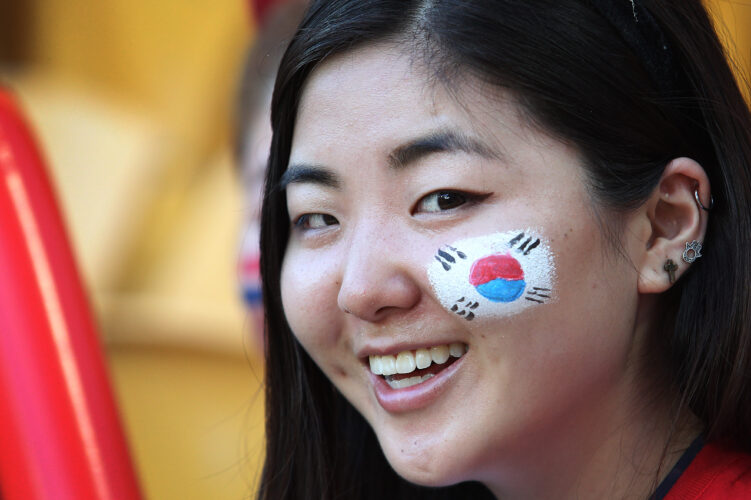On one corner of the world, a country is testing the concept of time, according to a new law from South Korean legislation that went into effect on Wednesday.
More than 51 million people in South Korea find themselves a year or two younger after legislation ruled that “all judicial and administrative areas” across the East Asian country will adopt an “international age” system used by most of the world.
Learn the benefits of becoming a Valuetainment Member and subscribe today!
Standardizing ages will “reduce various social confusions and disputes,” said Lee Wan-kyu, Minister of Government Legislation, at a news briefing on Monday.
Previously, South Koreans did not just have one age, they had three – an “international age,” a “Korean age” and a “calendar age.”
In South Korea, a person’s “international age” refers to the number of years since they were born and starts at zero – the same system used in most other countries.
When asked for their age in informal settings, most South Koreans answer with their “Korean age,” which could be one or even two years older than their “international age.” Under this system, babies are considered a year old on the day they’re born, with a year added every January 1.
In some circumstances, South Koreans also use their “calendar age” – a mash-up between international and Korean age – which consider babies zero years old the day they’re born, adding a year to their age every January 1.
The new law was passed by South Korea’s Parliament last December and is expected to “greatly reduce social costs that have been unnecessary due to the mixed use of age standards,” said Lee, adding that this had been a pledge made by President Yoon Suk-Yeol upon taking office last May.
According to a poll by the Ministry of Government Legislation, 86.2% of respondents had said that they would use the international age system. This change marks a victory for lawmakers who have spent years campaigning to standardize international age, fed up with confusion of multiple systems.


















Add comment